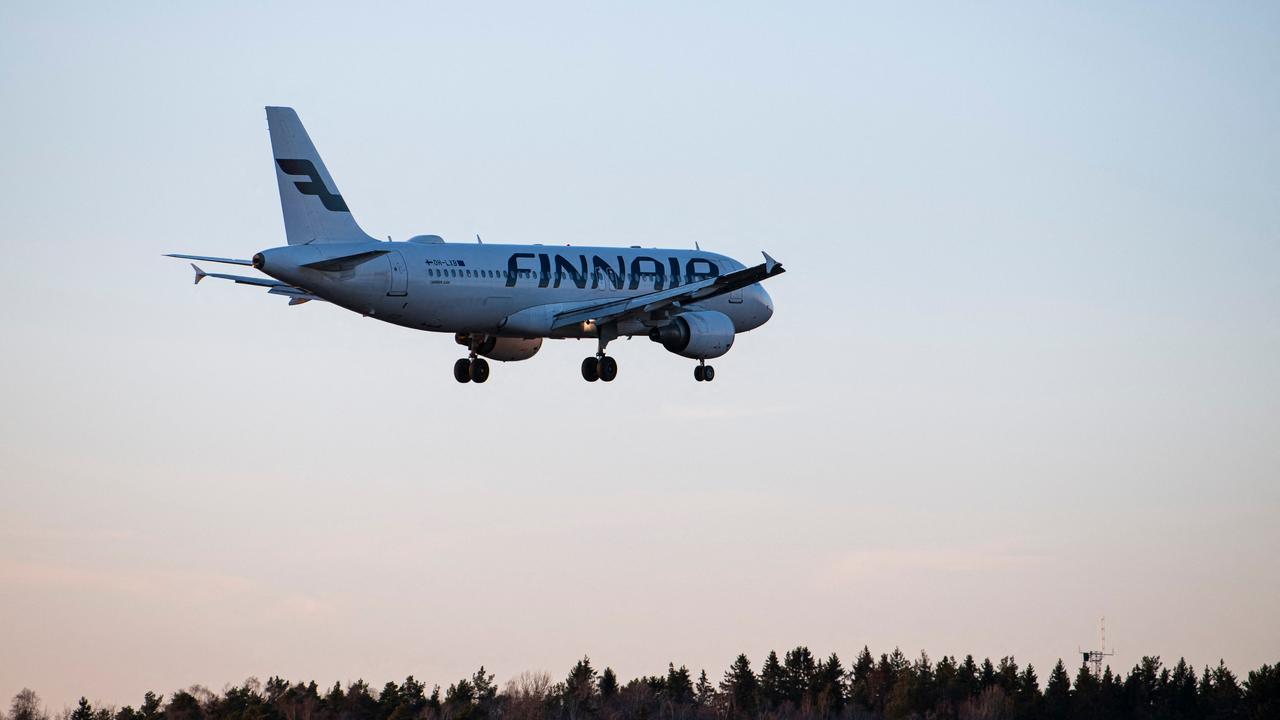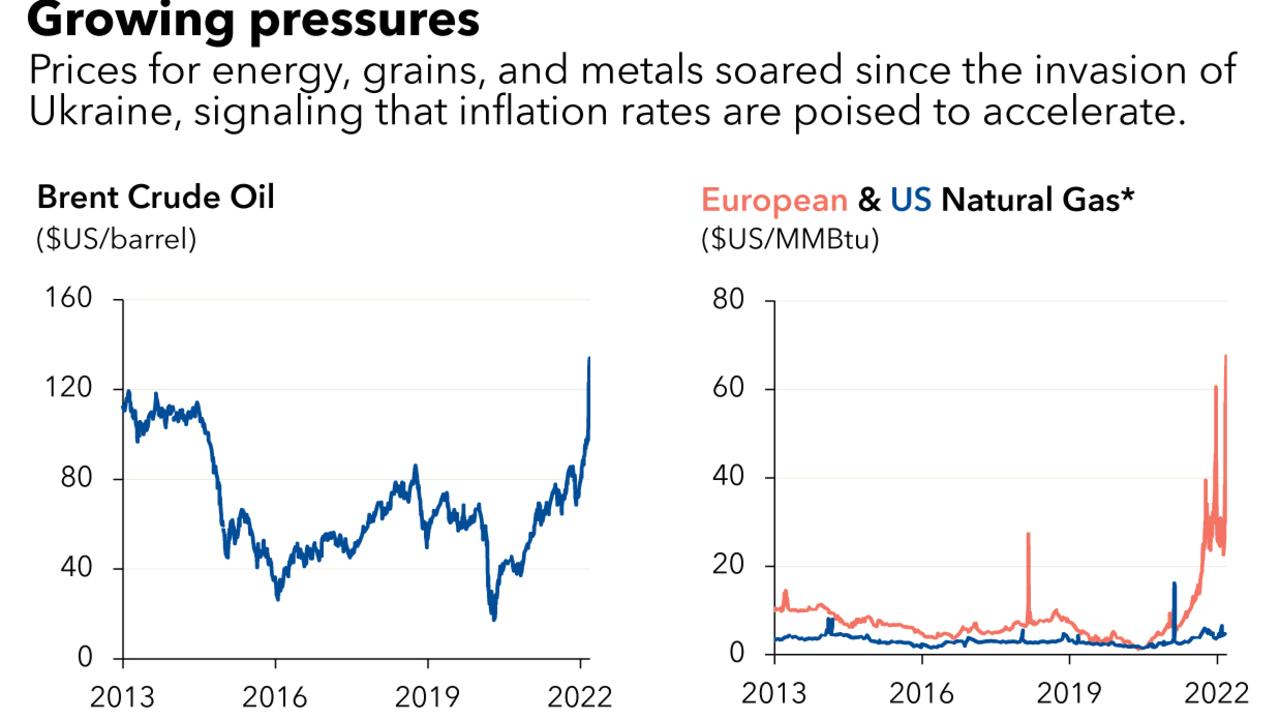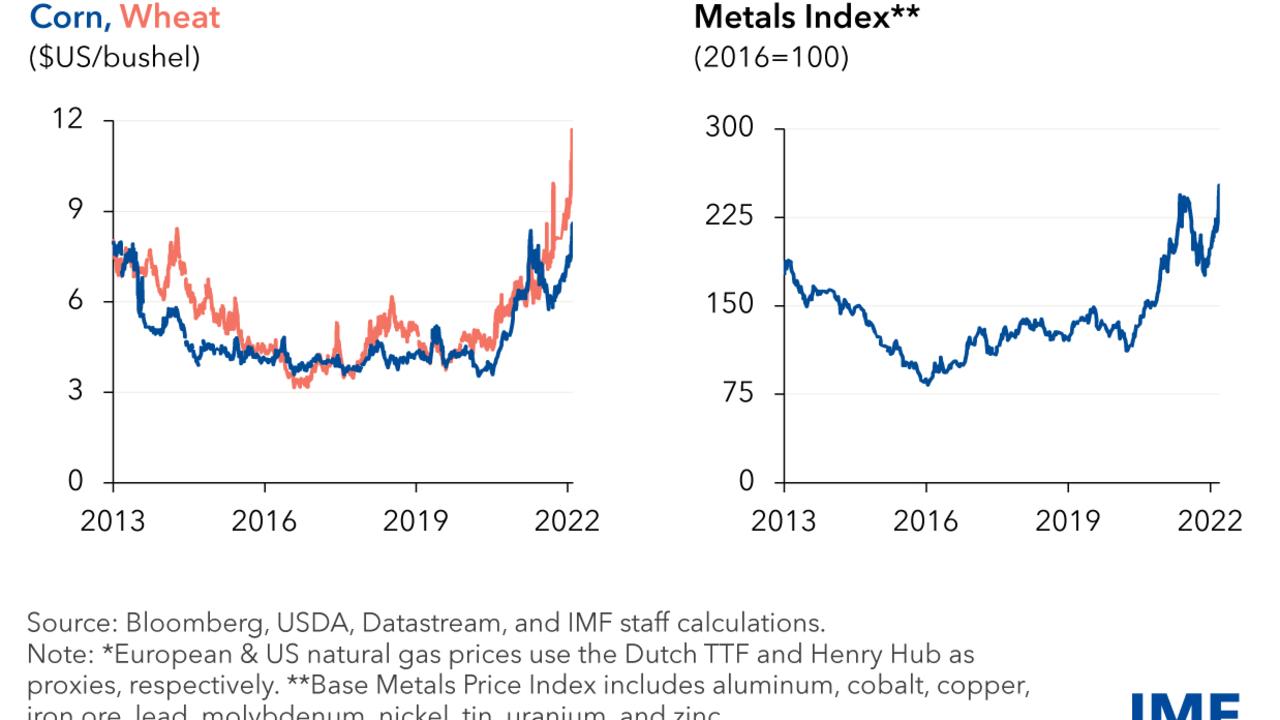Russian invasion of Ukraine: The end of the world as we know it?
In the three weeks since Russia invaded Ukraine, the world has already changed significantly. But that could just be the start.
In December 1991 amid the collapse of the Soviet Union and final chapter of life behind the “Iron Curtain”, REM’s ‘The end of the world as we know it’ became the soundtrack to just that, the end of the world as it had been for more than 45 years since the end of the Second World War.
After decades of living under the threat of the Cold War turning hot, the collapse of the Soviet Union brought about a period of profound change in the world in a truly era ending event. Now 30 years later, the Russian invasion of Ukraine may be the catalyst for a similar turning point, a potential end to the way the world was before February 24, 2022.
In the three weeks since the invasion began, the world has changed significantly.
Hard hitting sanctions and a tit for tat response
Airlines from nations that are supporting sanctions against Moscow have had their access to Russia’s vast airspace revoked, lengthening some flights significantly and leaving others outright impossible.
For example, journeys from Beijing to Paris flown by Air France have had their flight time extended by six hours and five minutes, to a total of 18 hours in the air.
"The extra 4.5 hours Japan Airlines Co. needs for its London to Tokyo routing via Canada and Alaska runs over $20,000 in extra fuel for the Boeing Co. 787-9 on the route, based on current jet fuel prices." https://t.co/sfazejmNL1pic.twitter.com/oTPCjFFAiF
— Simon Casey (@sjcasey) March 12, 2022
Finland’s flag carrier airline Finnair has faced some of the most severe challenges as a result of no longer being allowed to traverse Russia’s air space.
“The impact of these is so great, that at this stage we are unfortunately not able to offer passenger connections to all of our Asian destinations,” Perttu Jolma, vice-president of Finnair’s traffic planning team, wrote in a recent message to customers.

The degree of sanctions levelled against Russia has left Moscow reeling and much of the world shocked by their severity. While sanctions of this magnitude have been deployed in the past against nations such as Iran, never before have they been used against a nation as powerful and economically vital as Russia.
By sanctioning Russia’s central bank and freezing its foreign reserves, Moscow has been cut off from roughly half of its $US640 ($A867) billion in reserves which were to be instrumental in Russia’s attempts to endure the inevitable sanctions that it expected would result from its invasion of Ukraine.


Former S&P Global chief economist and Harvard Kennedy School research fellow Paul Sheard shared his view on the development with the South China Morning Post earlier this week.
“Sanctioning the central bank of a G20 country and the sixth largest economy in the world on a [purchasing power parity] basis by freezing its foreign exchange reserves is a dramatic move by the West,” he said.
“Looking at this through an economic and financial markets lens, it is a shortsighted and counter-productive move (in tandem with other financial sanctions) that will undermine the international role of the US dollar and provide powerful incentives to China, Russia and others to reduce their reliance on the dollar in international trade, finance and banking.”
On Tuesday, the International Monetary Fund released a report warning that the Russian invasion of Ukraine could fundamentally reshape the global economic order.
In short, the IMF concluded that the conflict and its aftermath could entrench higher inflation and lower growth, hitting developing countries particularly hard due to higher food and energy prices.
Meanwhile, despite sanctions not being officially levelled at Russian energy exports such as coal, oil and gas, many companies and nations are increasingly reticent to purchase these commodities from Russia.
In recent weeks there have been reports that Russian oil cargoes cannot find buyers, even with record discounts of up to $30 a barrel off benchmark prices.
Self-sanctioning of Russia’s energy exports wasn’t expected to show up in export volumes until April given the time lag of when cargoes are arranged and loaded. But it seems the process is already underway, most notably in #coal. #OOTT#crude#LNG#energyhttps://t.co/N9Pv1Oj8nFpic.twitter.com/p9FX8jDR5F
— Clyde Russell (@ClydeCommods) March 15, 2022
While the full impact of this defacto buyers strike is yet to show up in the data, we have already seen Russian exports fall significantly.
A global challenge
Amid the horrific events in Ukraine, a challenge that could shake the foundations of societies around the world may be brewing. In the weeks since the conflict in Ukraine began, the cost of fertiliser globally has rocketed to all time record highs.
Potash, ammonia & urea, from Egypt to Brazil, go vertical as fertiliser supply uncertainty increases. #Ammonia#Urea#Potash#fertilizerpic.twitter.com/aji2IEKx5o
— Alexander Stahel 🇺🇦 (@BurggrabenH) March 15, 2022
With Russia the number one exporter of fertiliser globally and fertiliser prices already near historical highs, further upward pressure on prices began pretty much immediately.
Since then, Russia has banned fertiliser exports to countries Moscow has deemed “unfriendly” to Russia. With Europe sourcing roughly 25 per cent of its fertiliser needs from Russia, it could be challenging to find a replacement source in time at a palatable price.
These rising prices will hit the developing world the hardest, where households spend a far greater proportion of their budgets on food. For example, in Nigeria more than 50 per cent of household budgets are consumed by food costs.
If food and energy prices rise outside of the ability of governments to deploy policies to cope with them, we could see similar social unrest to the Arab Spring, except on a global scale.
No one is immune
As the rising cost of living hits households in Australia and throughout the world, no nation is immune to the challenges that may lie ahead.
It’s possible that peace could be reached in Ukraine and perhaps some sort of agreement to ensure the supply of key materials from Russia could be achieved.
However, if things continue on their current course we may have passed the end of an era without even realising in the moment.
This time there is no collapse of an expansive empire or the destruction of a great dividing wall, instead the immediate changes in our daily lives appear at first glance to be relatively minimal. But in the long run, the knock on effects could bring profound challenges and changes around the globe, particularly in the developing world.






